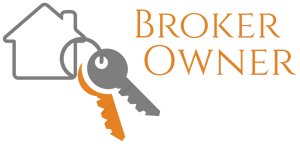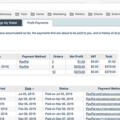Are iBuyers ripping off sellers?
Selling to an iBuyer means homeowners can forego the uncertainties of listing a property and never have to worry about prepping for an open house.
But are they leaving money on the table? Mike DelPrete, a real estate tech advisor and strategist known as the “iBuyer whisperer” because of his focus on the sector, says they are. But, not much.
The average “discount to market value,” meaning the difference between what an iBuyer pays and what the home could get on the open market, is 1.3%, DelPrete said in an interview on Friday with HousingWire.
That’s based on his analysis of more than 20,000 transactions made by Opendoor and Zillow, the two biggest iBuyers, in 2018 and 2019. Together, the two companies accounted for 86% of iBuyer transactions, meaning a property that was purchased and resold, during the period.
“A lot of people think they’re going to get ripped off by these big iBuyers, but the data shows they’re not,” DelPrete said.
On a $300,000 home sale, that’s a discount of $3,900. DelPrete said some sellers would find that a good trade-off if it gets them to a transaction without open houses and uncertainty.
“That’s the choice for consumers: are you willing to trade a little bit of money for certainty,” DelPrete said. “It’s going to be a difference of several thousand dollars, but it’s not going to be $20,000 or $30,000.”
While sellers don’t have to prep for an open house, they’re still going to get charged for some repairs, DelPrete said.
“If there’s a hole in your roof, you’re still going to be paying for that, in the form of a reduction in the offer an iBuyer will make,” DelPrete said, “but you were going to have to pay for that, anyway, by getting it fixed before listing a home the traditional way.”
Another consideration is fees, DelPrete said. Homeowners who sell to an iBuyer typically will pay a fee that might be a percentage point higher than using a real estate agent, he said.
A traditional real estate agent might charge a commission equal to 5% or 6% of the home’s selling price, depending on what’s negotiated in the listing contract.
The fee iBuyers typically charge is equal to about 7% of the negotiated price, DelPrete said.
“When you take everything into consideration, the difference between an iBuyer and traditional sales is probably going to be a couple of percentage points,” DelPrete said. “Can you get that money on the open market? Maybe. Will it take you three months to sell? Maybe.”






